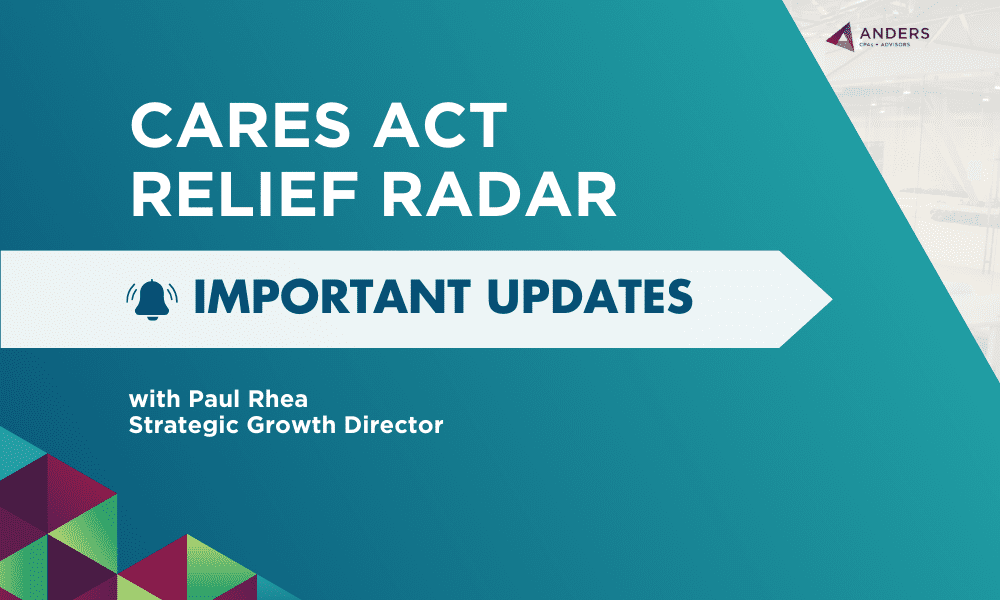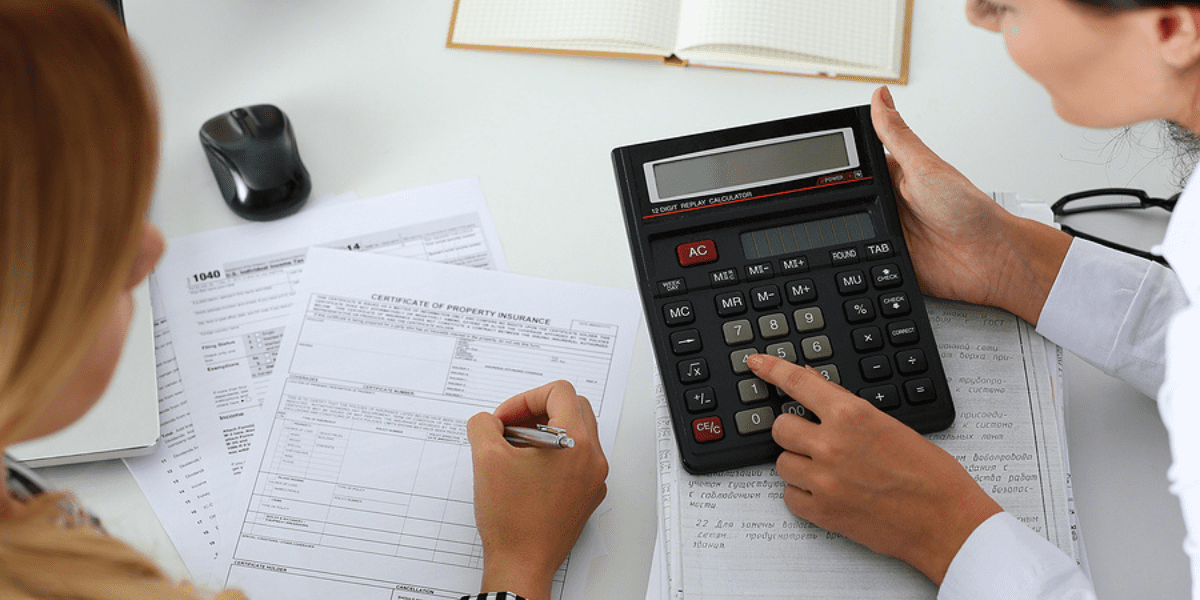In recent weeks, there have been concerns by several companies that applied and received money from the first round of Paycheck Protection Program (PPP) loans and if the funds were “necessary” for their business. The Treasury had indicated that PPP borrowers have until May 14, 2020 to return the loan proceeds without penalty if the company decided it is unable to certify in good faith that the PPP loan was necessary and they were also to provide additional guidance on this topic before the May 14, 2020 date.
Yesterday, the Treasury issued this further guidance by updating their frequently asked question #46 (FAQ #46). FAQ #46 asks, “How will SBA review borrowers’ required good-faith certification concerning the necessity of their loan request?” The certification will depend on the size of the loan.
For borrowers of less than $2 million the answer to FAQ #46 states, “Any borrower that, together with its affiliates, received PPP loans with an original principal amount of less than $2 million will be deemed to have made the required certification concerning the necessity of the loan request in good faith.” This provides some certainty for borrowers receiving funds of less than $2 million and loans of under this amount are deemed to be “necessary to support the ongoing operations.” We conclude that this means recipients of loans less than $2 million do not need to return their loans because of concerns regarding their certification.
For borrowers of more than $2 million the answer to FAQ #46 states, “…borrowers with loans greater than $2 million that do not satisfy this safe harbor may still have an adequate basis for making the required good-faith certification, based on their individual circumstances in light of the language of the certification and SBA guidance.” Meaning that borrowers will still have to provide an “adequate basis” for their certification. The Treasury will review these applications to determine if they believe the good faith certification was met. If they determine the loan is not eligible for loan forgiveness, they will inform the lender. If the borrower pays back the loan the “SBA will not pursue administrative enforcement or referrals to other agencies”. Additionally, for the lenders the determination “will not affect SBA’s loan guarantee.”
According to FAQ #46, the borrower will not receive forgiveness and will have to re-pay the loan. However, the potential exposure to other penalties – such as those for violating the False Claims Act – appears to have been eliminated by this additional guidance. Additionally, the Treasury issued guidance that extends the date to repay the PPP loan from May 14, 2020 to May 18, 2020. Previously, the guidance provided that any borrower who applied for a PPP Loan and repays the loan in full by May 14, 2020 will be deemed to SBA to have made required certification the necessity of the loan request in good faith.
With the rapidly changing regulatory environment surrounding the CARES Act and the PPP Loan program, there will likely be additional guidance from the SBA and IRS regarding the program.
Our advisors are closely following COVID-19 relief efforts and will continue to publish insights to keep you informed about potential business impacts and benefits. Learn more about the Paycheck Protection Program or visit our COVID-19 Resource Center for more news, tools and insights you need to know in these uncertain times.





